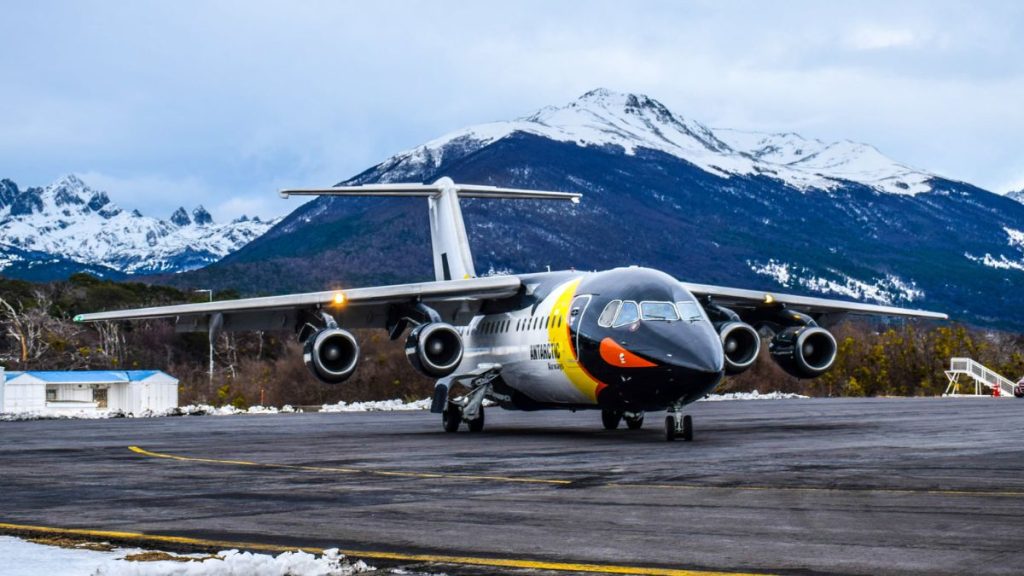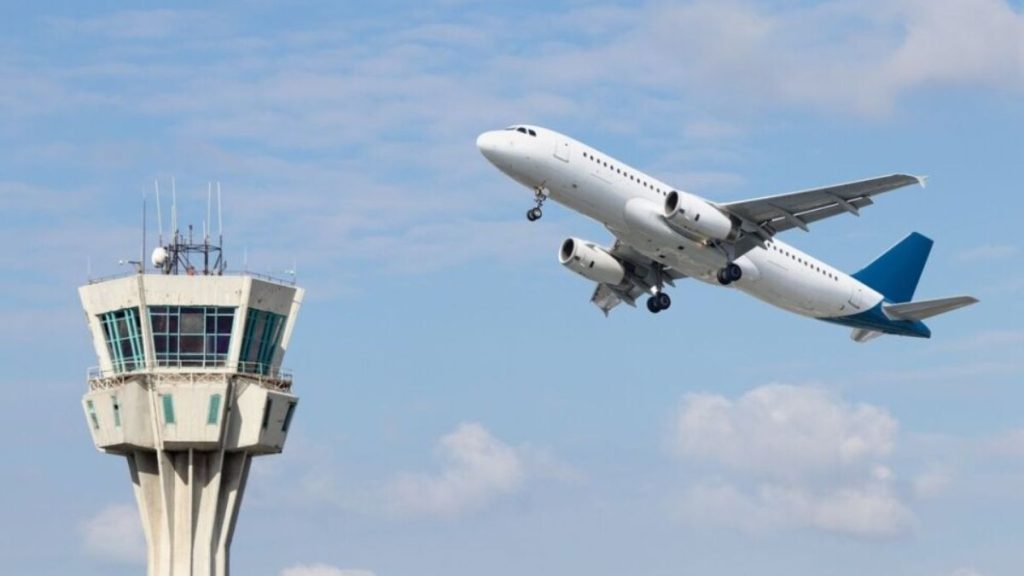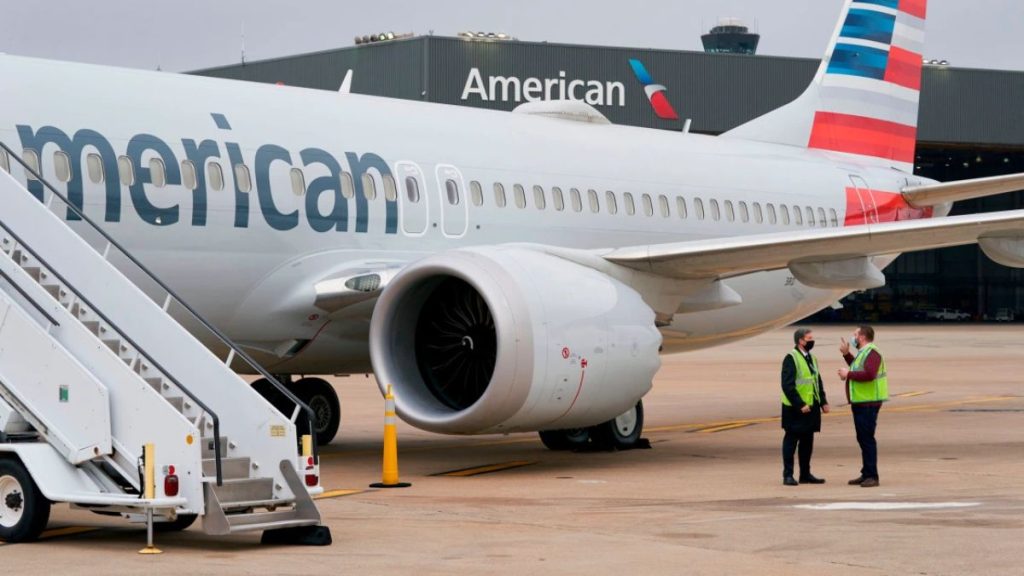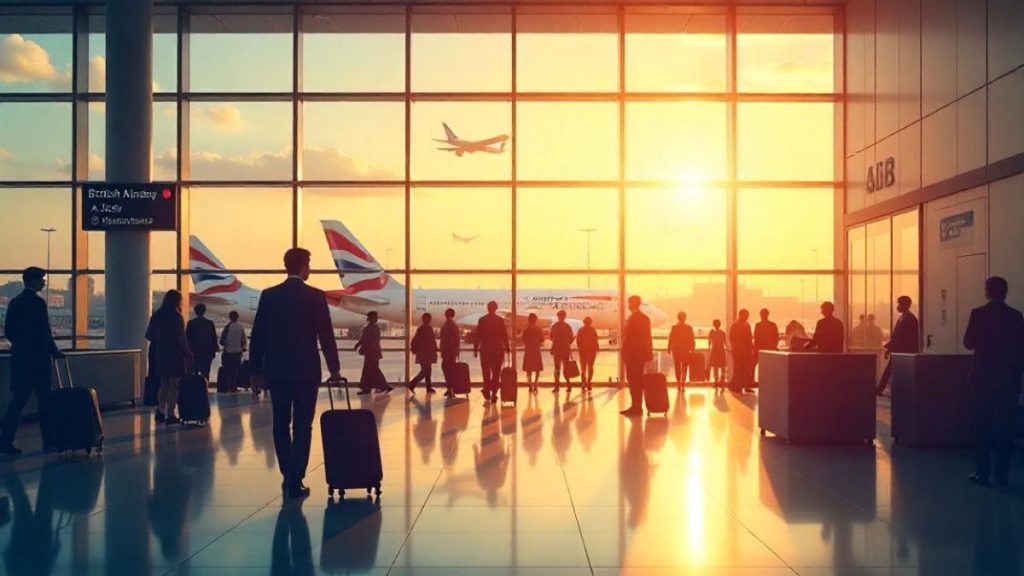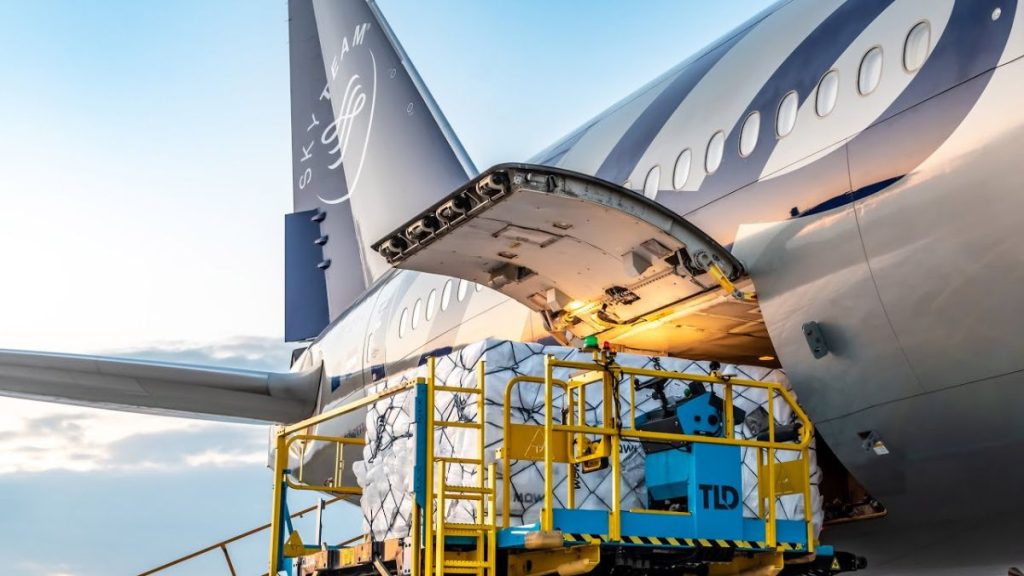FORT WORTH – An American Airlines (AA) flight attendant based at Dallas–Fort Worth International Airport (DFW) has publicly voiced doubts about continuing their career with the airline, citing growing embarrassment about the company’s reputation.
Despite a personal love for the profession, the attendant admitted to hesitating to reveal their employer due to concerns that American has fallen behind rivals Delta Air Lines (DL) and United Airlines (UA). The dilemma underscores a wider challenge in the airline industry: how employee pride and company reputation directly shape long-term career satisfaction.
Considering a Switch to Rivals
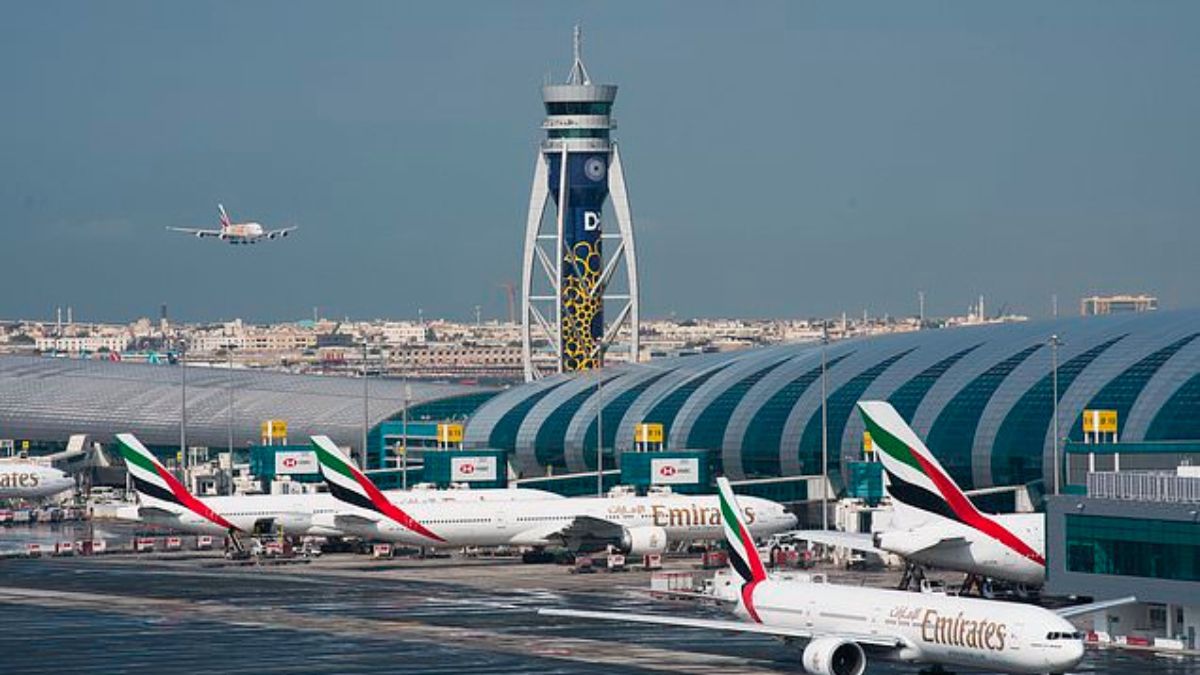
The flight attendant revealed they are exploring opportunities at Delta in Atlanta (ATL) or United in Chicago (ORD). Firsthand travel experiences on these carriers reportedly reinforced their belief that AA lags behind its competitors in terms of service quality and brand image.
This internal struggle highlights the ongoing debate among airline professionals: whether to endure a tarnished reputation with job security or risk starting over at another airline for renewed pride in their work.
The Seniority System: A Double-Edged Sword
In aviation, seniority is everything. It dictates schedules, pay progression, route choices, and job stability. For many, it is the deciding factor in whether to stay or leave.
Peers cautioned the flight attendant that moving to another airline means resetting seniority to zero—a decision that could lead to less favorable schedules, fewer bidding rights, and a slower path to higher earnings.
Key takeaways from feedback within the industry included:
- Seniority loss is permanent – once surrendered, it cannot be regained.
- Reputations shift over time – today’s leading airline may face its own image crisis tomorrow.
- Career stability matters – switching carriers can mean short-term sacrifice that outweighs long-term pride.
For newer employees, this system can feel restrictive and toxic, locking them into airlines they no longer admire. Yet, it remains the foundation that protects veteran staff while discouraging turnover.
Beyond Pay: The Quest for Pride
Although American Airlines flight attendants recently secured higher wages through a new labor agreement, many workers feel that pay alone does not translate to pride.
Employees stress that professional fulfillment comes from working in a mission-driven organization. When staff feel aligned with a clear purpose, morale rises, and reputational concerns fade.
Comparisons are often drawn to United Airlines under former CEO Oscar Munoz, who rebuilt employee morale by emphasizing staff value and engaging with crews directly. By contrast, American’s leadership has been criticized for sending mixed messages—sometimes comparing AA to ultra-low-cost carriers like Spirit, other times promising premium service without consistently delivering it.
Management’s Role in Culture
Industry analysts agree that leadership is the driving force behind employee satisfaction. Airlines that actively engage with frontline workers, communicate a consistent mission, and invest in service quality see stronger morale.
For American Airlines, the challenge now extends beyond wages. Rebuilding pride and restoring brand identity will be essential to retaining employees who are questioning their long-term future at the airline.
The story of this flight attendant reflects a broader cultural issue: without a renewed sense of purpose, pay raises may not be enough to keep employees motivated and proud of the airline they serve.
Bottom Line
The flight attendant’s dilemma illustrates a crucial reality in aviation: career pride matters just as much as pay and benefits. While American Airlines has made financial improvements for its crews, questions about reputation and culture linger.
Whether employees choose to stay or seek opportunities at competitors like Delta and United, the situation highlights the importance of strong leadership, consistent service identity, and employee engagement in shaping the future of major U.S. airlines.
FAQs – American Airlines Flight Attendant Career Concerns
Q1: Why is the American Airlines flight attendant considering leaving?
They feel embarrassed by AA’s reputation, believing the airline is falling behind Delta and United in both service quality and customer perception.
Q2: What role does seniority play in the decision?
Seniority dictates schedules, pay, and job security. Moving to another airline means resetting seniority to zero, which could negatively impact long-term career progression.
Q3: Have American Airlines employees recently received pay raises?
Yes. AA flight attendants secured higher wages under a new contract, but many say pride in their work depends on culture and service standards, not pay alone.
Q4: How do Delta and United compare?
Both carriers are seen by employees as offering better reputations and stronger brand pride, though industry reputations are cyclical and subject to change.
Q5: What must American Airlines do to improve employee morale?
Analysts argue that management must rebuild trust and pride by engaging frontline staff, delivering consistent service quality, and providing a clear mission-driven culture.







